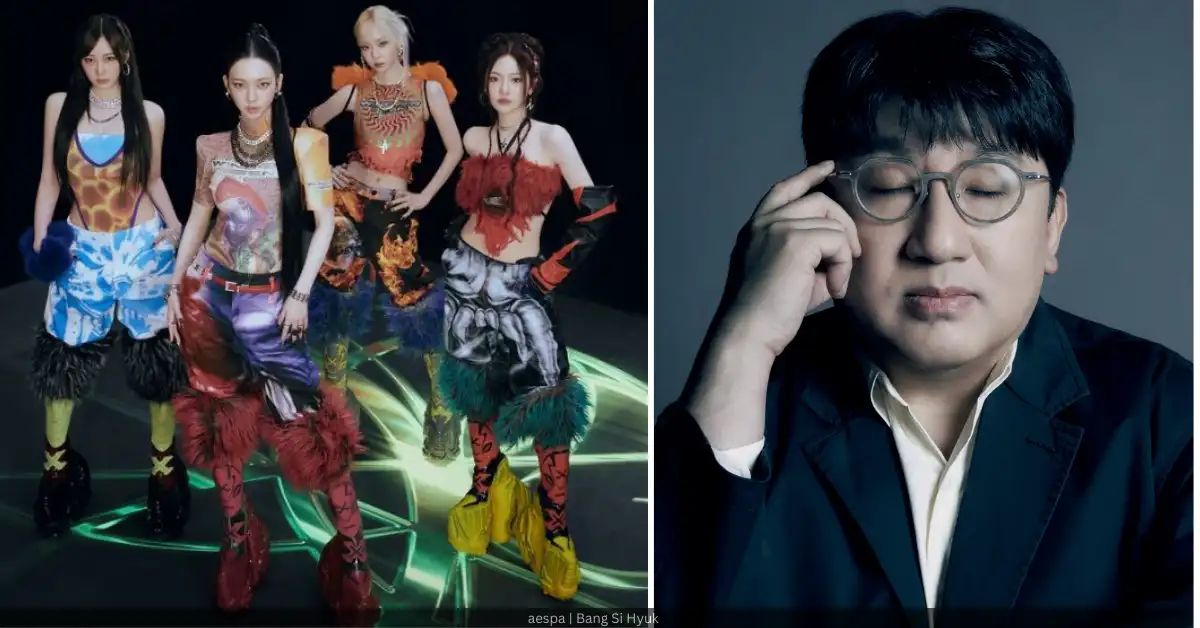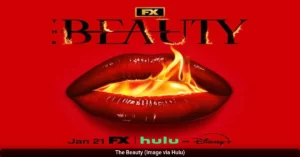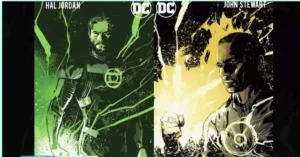The release of aespa‘s “Armageddon” has sent shockwaves through the K-Pop world, and a single detail has ignited a firestorm of speculation. The repeated phrase “bang chiki bang” has some fans convinced it’s a not-so-subtle message aimed at Bang Si-hyuk, the mastermind behind BTS’s global success and chairman of Hybe Corporation. This article delves deeper into the theory, exploring the history and tensions between the companies, analyzing the song’s message, and examining the potential motivations behind the “bang chiki bang” mystery.
A Simmering Rivalry: SM vs. Hybe
The theory stems from the well-documented competition between SM Entertainment, aespa’s label, and Hybe. Both companies are K-Pop powerhouses, constantly vying for dominance in the charts and global recognition. This competitive landscape is further fueled by past rumors of friction. In 2021, a dispute between Hybe and its sub-label ADOR, whose CEO previously worked for SM, saw accusations of pressure to create a girl group that would surpass aespa. This incident cast a shadow over the relationship between the two companies, leading fans to dissect every interaction for hidden messages.
The “Crush Them” Controversy and Fan Theories
The “crush them” comment from the ADOR dispute became a rallying point for some fans. With “Armageddon’s” release, the “bang chiki bang” phrase became the new battle cry. Fans interpret it as a defiant message from aespa, asserting their dominance and rejecting any attempt to be overshadowed by future Hybe girl groups like NewJeans. This theory has gained significant traction on social media, with fans creating elaborate analyses dissecting the lyrics and music video for hidden clues.
Examining the Lyrics: Beyond the Theory
However, a closer look at the song’s lyrics suggests a broader message that transcends company rivalry. Lines like “We pave our own way” and “We’ll break through the walls you built” speak of overcoming obstacles and defying limitations. This aligns perfectly with the concept of “Armageddon,” a battle for supremacy, but not necessarily against another company. It could be a fight against societal expectations, self-doubt, or limitations imposed by the industry itself.
Stylistic Choice or Hidden Message?
It’s also important to consider the use of onomatopoeia in music. “Bang” is a common sound used in K-Pop to add energy and rhythm, particularly in powerful choruses. The “bang chiki bang” phrase could simply be a stylistic choice to accentuate the song’s intensity, similar to how chants or battle cries are used in other genres.
Unveiling the Truth: A Waiting Game
The true meaning behind “bang chiki bang” remains a mystery. The artists themselves haven’t commented on the theory, leaving fans to speculate. Perhaps future interviews or behind-the-scenes content might shed light on the song’s inspiration.
Beyond the “Bang Chiki Bang”: The Impact on K-Pop
Regardless of the theory’s validity, the “bang chiki bang” phenomenon highlights a fascinating aspect of K-Pop. The genre thrives on fan engagement and creating a sense of community. Theories like this spark conversation, keeping fans invested in the artists and the music. However, it’s crucial to maintain a healthy balance. Focusing solely on competition between companies can overshadow the artistry and the message the music aims to convey.
The Legacy of “Armageddon”: A Song and a Spark
The “bang chiki bang” theory in aespa’s “Armageddon” is a testament to how seemingly small details can spark elaborate interpretations. While it may be a message directed at Bang Si-hyuk, it’s equally possible it’s just a stylistic choice. The true meaning remains a mystery, but the song itself is a powerful anthem about overcoming challenges and carving one’s own path. Ultimately, “Armageddon” serves as a reminder that music can be enjoyed on multiple levels, sparking conversation, igniting the imagination, and leaving a lasting impression on fans worldwide.


























